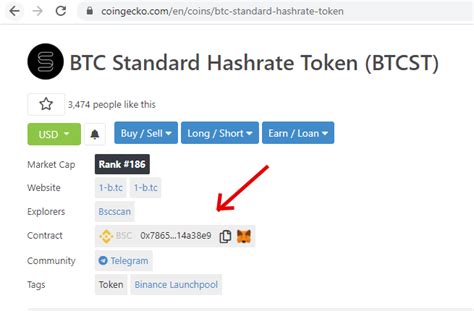Creating a Metamask-Compatible Chain for a Rust Blockchain Project
As you continue to work on your Rust-based blockchain project, you will likely want to add compatibility with existing Metamask wallets and tools. In this article, we will guide you through making your chain compatible with Metamask.
What is Metamask?
Metamask is an extension for MetaMask, a popular browser-based wallet that allows users to store, send, receive, and manage cryptocurrencies. It provides a way to interact with decentralized applications (dApps) on the Ethereum blockchain without having to install a full-fledged dApp runtime.
Why are you trying to make your chain compatible with Metamask?
Before we dive into the solution, let’s quickly discuss why this is important:
- Integration with existing wallets: A Metamask-compatible chain allows users to seamlessly switch between their preferred wallet and blockchain platform.
- EVM Support on Real Testnet: By making your chain compatible with Metamask, you can enable EVM (Ethereum Virtual Machine) support on the real testnet, which is essential for testing and development purposes.
Prerequisites
Before we begin, make sure that:
- You have a basic understanding of the Rust programming language.
- Your project already has a CLI wallet, network, RPC API, and EVM support configured (if not already done).
- You are familiar with the concepts of Ethereum Virtual Machines (EVM) and WebAssembly (WASM).
Step-by-Step Guide
Here is a step-by-step guide to creating a Metamask-compatible chain for your Rust blockchain project:

Step 1: Update Cargo.toml
Open the Cargo.toml file and update the dependencies section with the following lines:
[dependencies]ethereum = "0.8.11"
This will enable Ethereum-related dependencies.
Step 2: Add a new “metamask-adapter” plugin
Create a new directory for Metamask adapter plugins and add a file called Cargo.toml with the following content:
[dependencies]ethereum = "0.8.11"
Then create a new file called “metamask-adapters.toml” in the same directory and paste the following code:
metascan package;
#[cfg(windows)]
pub mod windows;
#[cfg(unix)]
pubi mod unix;
This will define two plugins for Windows and Unix operating systems.
Step 3: Create a Metamask Adapter
Create a new file called “metamask.rs” in the same directory as your Rust project. This includes the Metamask adapter implementation:
use std::fs;
use std::path::PathBuf;
pub struct MetamaskAdapter {
pub key_path: string,
}
impl MetamaskAdapter {
pub fn new(key_path: &str) -> Self {
Self { key_path }
}
pub async fn create_chain(
& self
account: &str,
network_name: &str,
chain_id: u64,
) -> Result<(), string> {
// Create a new metamask adapter instance
let mut file_path = PathBuf::from("./metamask-adapters.toml");
fs::create_dir_all(&file_path)?;
// Write Metamask adapter configuration to file
write_to_file(&self.key_path, &network_name)?;
ok(())
}
pub async fn connect(
& self
account: &str,
network_name: &str,
chain_id: u64,
) -> Result<(), string> {
// Read Metamask adapter configuration from file
let key_path = read_file(&self.key_path)?;
// Connect to MetaMask using the created adapter
connect_to_meta_mask(account, network_name, chain_id, &key_path)?;
ok(())
}
}
This implementation provides a basic structure for creating and connecting to MetaMask.
Step 4: Use the Metamask adapter in your Rust project
Update `Cargo.
